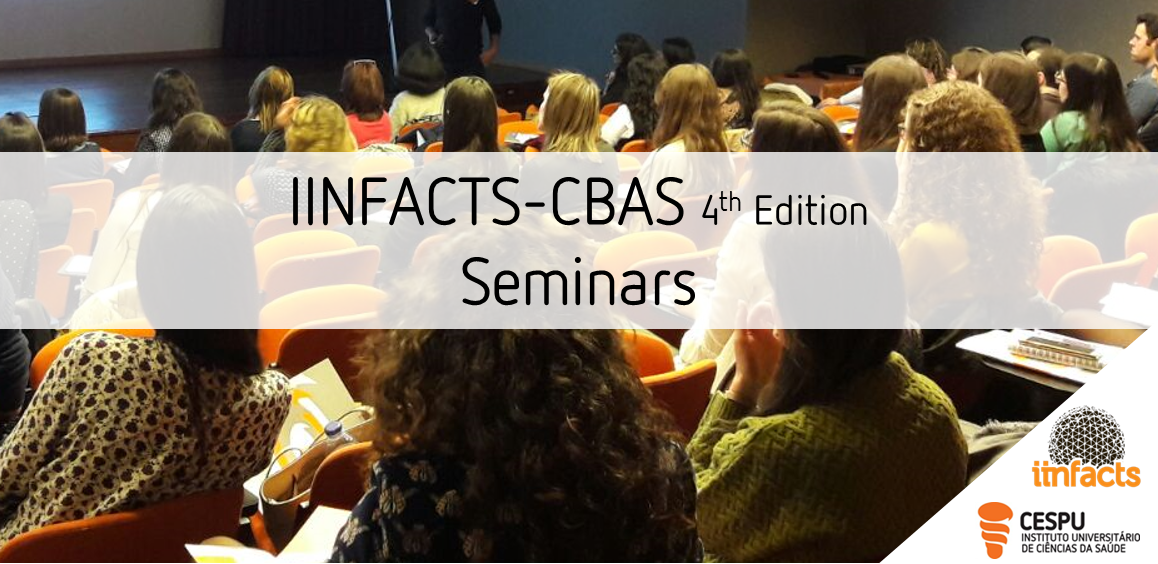How important is physical activity and exercise for improving bone health?

02 de outubro, 2020 | 12h00 | Webinar – Plataforma ZOOM
Resumo da apresentação:
Bones are organs made from a living and dynamic tissue that suffers constant changes throughout the life course, being modeled and remodeled by growth, ageing, hormonal status, nutrition, pathology among many other factors. The overall increase in life expectancy observed in developed countries in the last decades, has helped to put into perspective the problems arising from poor skeletal health. Bone fragility is now a major health concern, as the increased risk of bone fractures has devastating outcomes in terms of mortality, decreased autonomy, and public healthcare costs. Unfortunately, and despite the recent introduction of new drugs, pharmacological treatments for improving bone health are still far from perfect both in terms of bone fracture reduction and safety profile. More than a century ago, Julius Wolf, a German surgeon, described the differences observed between bones from patients that were exposed to regular mechanical stimulation in opposition to bones that received no such regular mechanical stimulus and noted that the former were substantially more robust. A century after these first observations we now have a much more comprehensive understanding about the beneficial effects that mechanical stimulation, namely through regular exercise and physical activity, has on bone health. This knowledge can now be used to more effectively design preventive and therapeutic physical interventions to tackle skeletal health problems in several populations at risk on developing bone fractures. In this presentation, we will briefly discuss how physical activity and exercise exerts its beneficial effects on bone health and what are the main anatomical and physiological adaptations induced by it. In particular, we will discuss how regular physical activity and a sedentary behavior might influence bone loss associated with ageing, menopause, chemotherapy and bariatric surgery and also if exercise is always a straightforward good therapeutic option or not.
Biography:
Hélder Fonseca is currently an Assistant professor of Physiology and Pathology at Faculty of Sport, University of Porto. He first graduated in Sport Sciences in 2005 and received his PhD in Physical Activity and Health in 2011 and his Master’s degree in Medicine in 2016, all at the University of Porto. Since 2007 he has been interested on research on the effects that physical activity, exercise and sedentary behavior have on health and disease, with a main focus on bone quality, obesity and bariatric surgery.
O Seminário em referência é gratuito.
Para assistir basta aceder ao link abaixo, no dia e hora agendada.
Link de acesso: https://zoom.us/j/94295578778
Webinar ID: 942 9557 8778
IINFACTS - Instituto de Investigação e Formação Avançada em Ciências e Tecnologias da Saúde CBAS_4Ed. - Programa Doutoral em Ciências Biológicas Aplicadas à Saúde do IUCS
